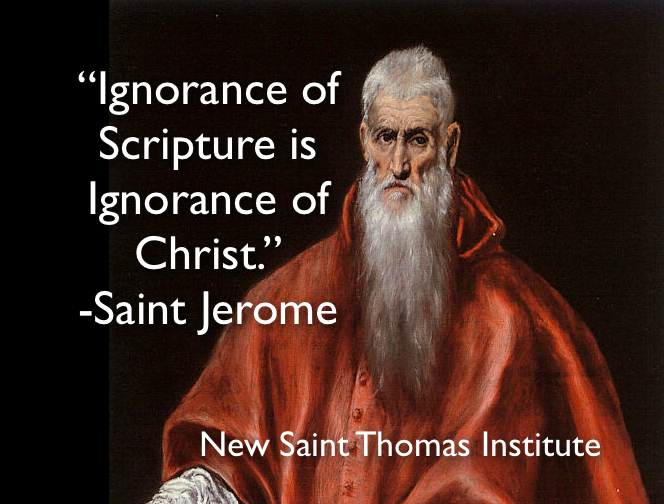The canon of the Old Testament in the Church of the first three centuries
The sub-Apostolic writings of Clement,
Polycarp, the author of the Epistle of Barnabas, of the pseudo-Clementine
homilies, and the "Shepherd" of Hermas, contain implicit quotations from or allusions to all the deuterocanonicals except Baruch (which anciently was often united with Jeremias) and
I Machabees and the additions to
David. No unfavourable argument can be drawn from the loose, implicit character of these citations, since these
Apostolic Fathers quote the protocanonical Scriptures in precisely the same manner.
Coming down to the next age, that of the apologists, we find Baruch cited by
Athenagoras as a
prophet.
St. Justin Martyr is the first to note that the
Church has a set of
Old Testament Scriptures different from the
Jews', and also the earliest to intimate the principle proclaimed by later writers, namely, the self-sufficiency of the
Church in establishing the Canon; its independence of the
Synagogue in this respect. The full realization of this
truth came slowly, at least in the Orient, where there are indications that in certain quarters the spell of Palestinian-Jewish tradition was not fully cast off for some time.
St. Melito,
Bishop of Sardis (c. 170), first drew up a list of the canonical books of the
Old Testament. While maintaining the familiar arrangement of the
Septuagint, he says that he verified his catalogue by inquiry among
Jews;
Jewry by that time had everywhere discarded the Alexandrian books, and Melito's Canon consists exclusively of the protocanonicals
minus Esther. It should be noticed, however, that the document to which this catalogue was prefixed is capable of being understood as having an anti-Jewish polemical purpose, in which case Melito's restricted canon is explicable on another ground.
St. Irenæus, always a witness of the first rank, on account of his broad acquaintance with
ecclesiastical tradition, vouches that Baruch was deemed on the same footing as Jeremias, and that the narratives of Susanna and Bel and the Dragon were ascribed to Daniel. The Alexandrian tradition is represented by the weighty authority of
Origen. Influenced, doubtless, by the Alexandrian-Jewish usage of acknowledging in practice the extra writings as sacred while theoretically holding to the narrower Canon of Palestine, his catalogue of the
Old Testament Scriptures contains only the protocanonical books, though it follows the order of the
Septuagint. Nevertheless
Origen employs all the deuterocanonicals as Divine Scriptures, and in his letter of
Julius Africanus defends the sacredness of Tobias, Judith, and the fragments of Daniel, at the same time implicitly asserting the autonomy of the
Church in fixing the Canon (see references in
Cornely). In his Hexaplar edition of the
Old Testament all the deuteros find a place. The sixth-century Biblical
manuscript known as the "Codex Claromontanus" contains a catalogue to which both Harnack and Zahn assign an Alexandrian origin, about contemporary with
Origen. At any rate it dates from the period under examination and comprises all the deuterocanonical books, with IV Machabees besides.
St. Hippolytus (d. 236) may fairly be considered as representing the primitive Roman tradition. He comments on the Susanna chapter, often quotes Wisdom as the work of Solomon, and employs as
Sacred Scripture Baruch and the Machabees. For the West African Church the larger canon has two strong witnesses in
Tertullian and
St. Cyprian. All the deuteros except Tobias, Judith, and the addition to Esther, are biblically used in the works of these Fathers. (With regard to the employment of apocryphal writings in this age see under
APOCRYPHA.)
CATHOLIC ENCYCLOPEDIA: Canon of the Old Testament

